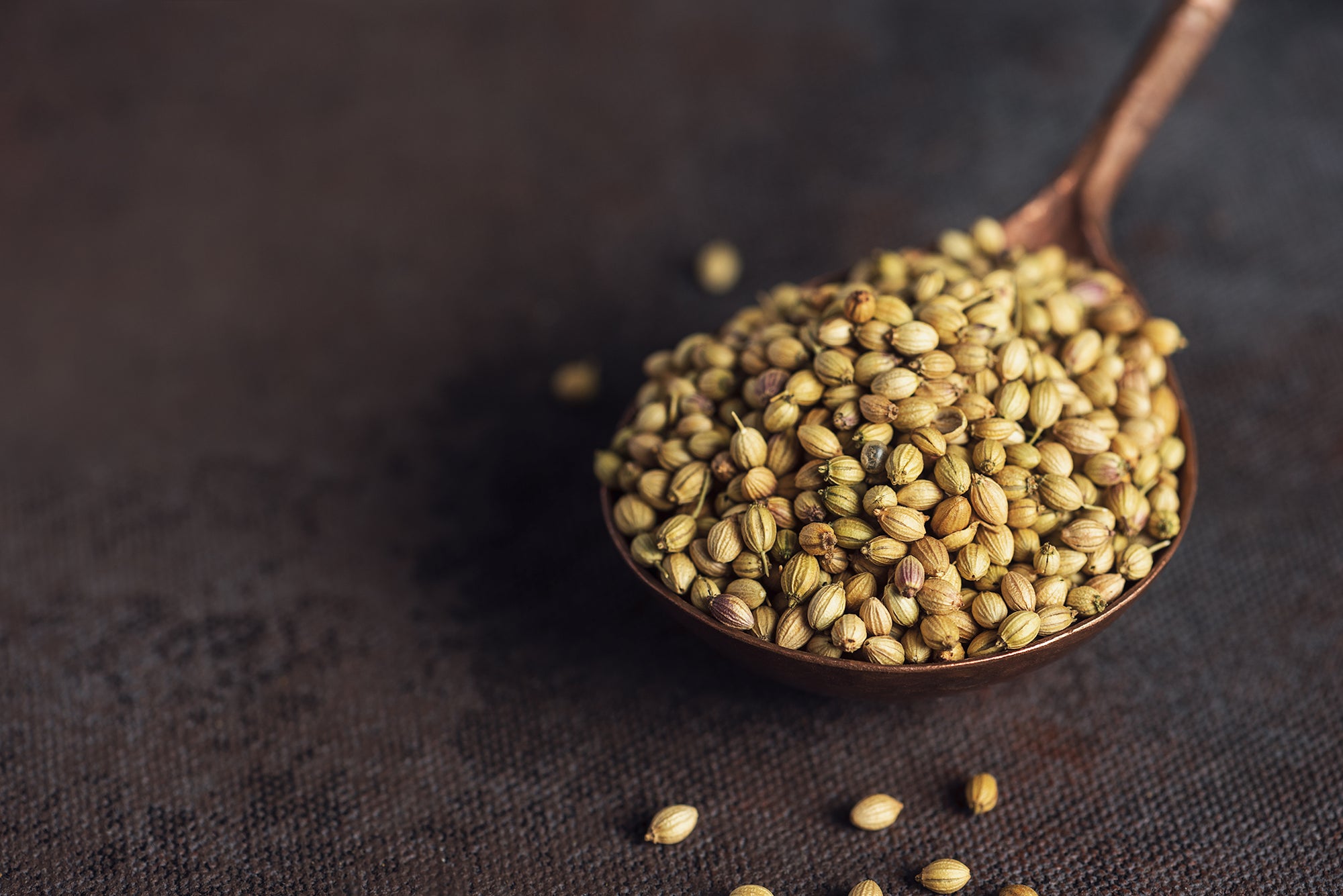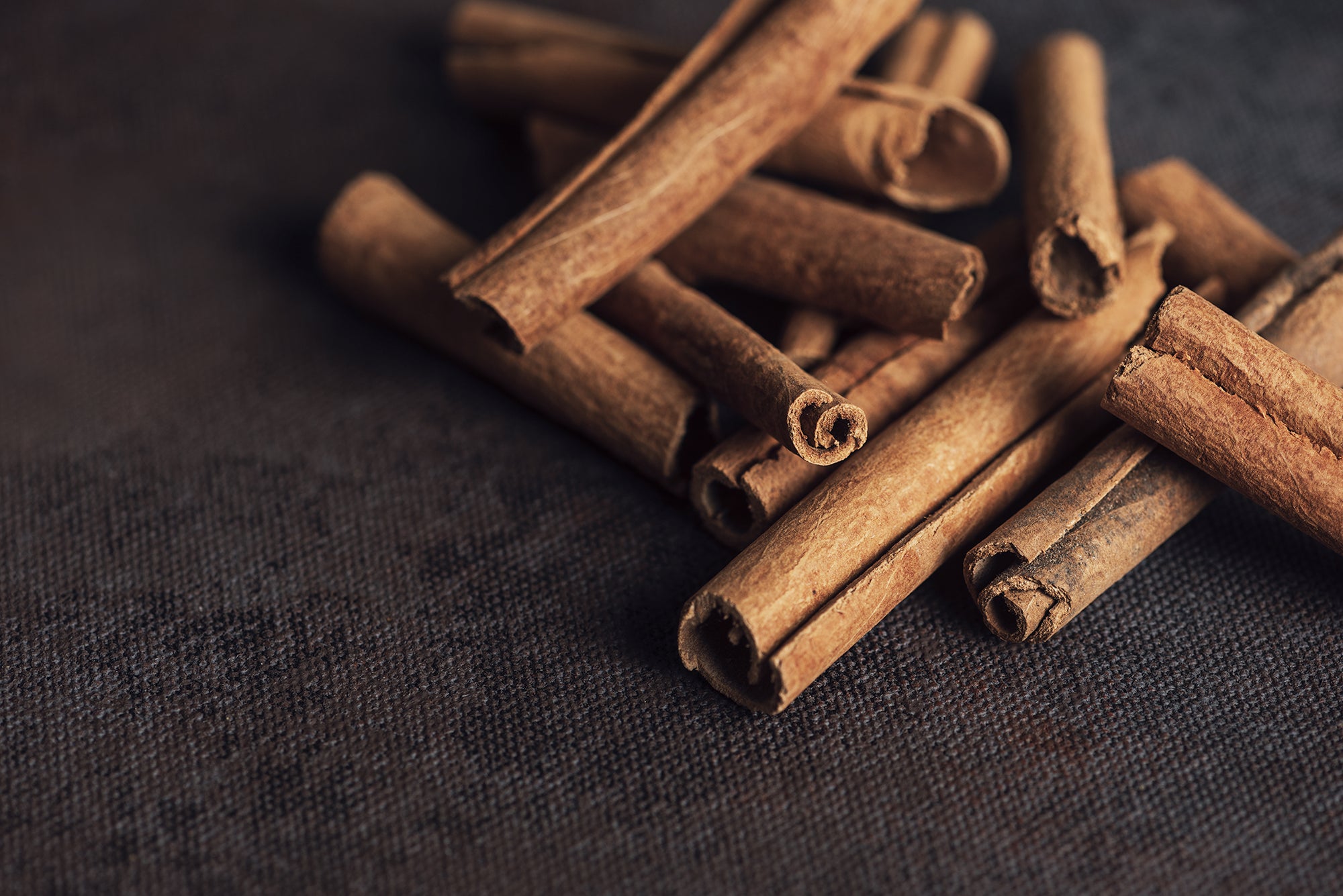Cloves are unopened dried bud of the syzygium aromaticum tree. The name originates from the Latin word ‘clavus’ that means nail, because this spice has a close resemblance to one.
Native to the Maluku Island of Indonesia, clove was one of the expensive spices during the 13th and 14th century. During the establishment of trade route, clove, pepper, cinnamon and hazelnut were the most sought after and were known as the ‘Big Four’ because of their rarity and value.
Clove is indigenous to Asian countries and is grown mainly in Indonesia, India, Pakistan, Sri Lanka and also in East Africa. In fact Tanzania currently produces about 80% of the world’s clove supply. It is currently the fourth most expensive spice in the world preceded by Saffron, Vanilla and Cardamom.
Growing And Cultivating Cloves
Clove is an evergreen plant that grows in tropical and subtropical conditions. The plant grows from 8 – 12 metres in height. The flowers buds grow in pale colored clusters that become green. These flower buds are harvested before they mature and dried.
Cloves need a wet tropical climate with rich loamy soil and semi shade exposure. They are normally intercropped with coconut, coffee or areca nuts.
Cloves can be grown from plant cuttings or recently harvested seeds. The seeds need to be planted immediately by placing them on top of the soil and covering the area with plastic sheet to increase humidity.
It takes about four years for the plant to start flowering. These flowers, the unopened clove buds are harvested when they start to turn pink. These buds need to be harvested gently without damaging the branches of the tree.
Post harvesting, the bud clusters are separated by hand. Once the stem of the bud starts to look a darker hue of brown in comparison to the rest of the bud they are spread out to dry. Well-dried cloves weigh only one-thirds of the original clove bud.
The Intense Spice
Cloves have a very strong, pungent flavor and aroma thanks to the compound eugenol present in it. They form a base for many Asian cuisines.
They can be used whole or powdered. They form a primary component in garam masala a primary ingredient in Indian cuisine. They are used whole to flavor sauces, soups and in desserts even.
Cloves can also be used as food preservatives. The dried bud, stems and leaves are used to make medicines.
Cloves are low in calories and rich in proteins, energy, carbohydrates, calcium, potassium, magnesium, vitamin E, folate, iron, zinc, vitamin C, thiamin, riboflavin, vitamin A, vitamin K and more.
Clove helps improve secretion of digestive enzymes in turn helping improve digestion. Its extracts have proven to be potent enough to kill bacteria that cause cholera. Thanks to its antiseptic and anesthetic properties cloves and clove oil are used to get relief from tooth pain and gum issues.
Eugenol in cloves has both anti-inflammatory and antiviral properties, helping your body fight infections and inflammation. Rich in antioxidants, cloves also helps boost the immune system.
Whole cloves when stored in an airtight glass jar away from direct light or intense heat and moisture will ensure that its aroma and flavor last long.
Ayurveda And Cloves
Clove has a pungent and astringent rasa. It helps pacify Vata and Kapha and increases Pitta.
In Ayurveda, cloves are primarily used to improve digestion, metabolism and blood circulation.
The combination of clove, ginger and lemon grass is very soothing if you have common cold or the flu. Placing a cotton swab dipped in clove oil over an aching tooth provides immediate relief from the pain.
Clove oil is also provides immediate relief from any pains of neurological origin or caused due to muscle cramps. It is also very useful to counteract the itching in severe Urticaria (hives).
A brew made from cloves and cinnamon is good to get rid of intestinal worms and get relief from gas.
Overall, since they are rich in Vitamin A and C, they are believed to be very effective in protecting and developing the immune system.
We have used Cloves in:
Quick Facts
| Name: | Clove |
| Scientific Name: | Syzygium aromaticum |
| Cultivated in: | Tanzania, India, Pakistan, Sri Lanka |
| Other names: | Laung |
| Habitat | Wet tropics |
| Soil | Rich Loamy |
| Plant Size | Upto 30 feet |
| Aroma | Sweet-spicy |
| Plant parts used | Flower buds, stems and leaves |
| Major Nutrients | Potassium Calcium Sodium Magnesium Vitamin E Vitamin C Vitamin A Vitamin K Folate Niacin Thiamin Riboflavin Iron Zic Phosporous Manganese |
Known As In:
| Hindi | Lavang |
| Marathi | Luvanga |
| Gujrati | Laving |
| Telugu | Lavangam |
| Malayalam | Grambu |
| Bengali | Labango |
| Tamil | Kiraambu |
| Kannada | Lavanga |
Ayurvedic Facts:
| Sanskrit Name: | Lavanga |
| Taste: | Pungent,Bitter, Astringent |
| Energitics: | Warming |
| Effect on Doshas: | Pacify Vatta and Kapha, Increases {Pitta |
| Used for Treating: | Gum infection, Tooth Pain, Colds, Stomach issues, Flatulence,Headaches, Inflammation, Headaches, Liver Infections |





.png?v=1668878203)



